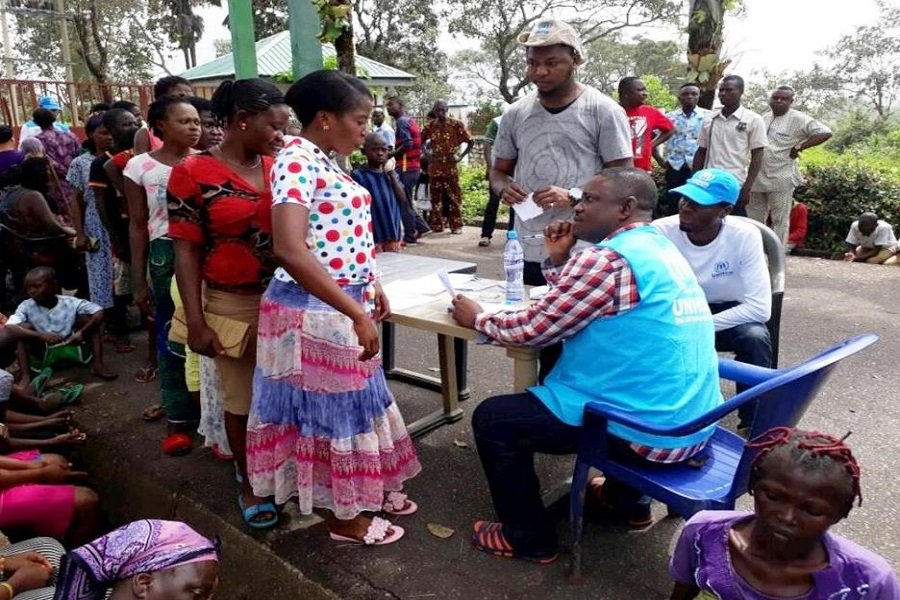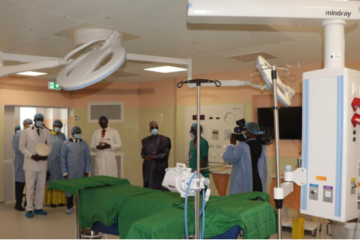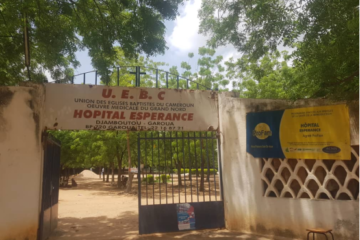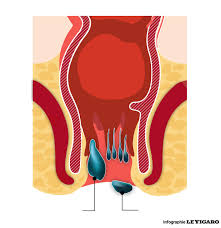HIV care : The cross of prostitutes in the Anglophone crisis

For these girls, who left the North-West and South-West because of insecurity to settle in Cameroon’s major cities, access to health services is restricted by stigma, discrimination and fear.
Despite the satisfactory quality of HIV-related hospital services in Yaoundé’s health facilities, access to HIV care and services remains inadequate for the many internally displaced persons (IDPs) in Yaoundé as a result of the socio-political crisis in the North-West and South-West regions. One of the direct consequences of this war is the flow of young people of both sexes from these two regions to Cameroon’s major cities. According to Cameroun-MuntuNews.com/prostitution-and-survival-instinct-of-the-displaced-from-the-Englophone-crisis, more than 700,000 men, women and children have found refuge in the rest of the country.
Double vulnerability of sex workers
Their precarious living conditions have led to an explosion in prostitution in these cities. « On the evening of 06 April 2023, while having sex with a client, I fainted and lost consciousness. My client took me to a referral hospital in Yaoundé for treatment. The nursing staff looked after me properly, until they found out what we did for a living. They then called a doctor to carry out forced HIV and STI screening without my permission. Word spread through the hospital like wildfire that I was a prostitute. I felt uncomfortable and unsafe. I was constantly being looked at like a plague victim. « Today, I don’t go to hospitals any more », confides a displaced person interned as a result of the Anglophone crisis, who is mired in prostitution. At the heart of this phenomenon are young girls aged between 16 and 20.
To survive, some internally displaced girls will do anything to keep their heads above water. According to a source who requested anonymity, the more vicious the girl, the more money she earns. Sodomy, sex games, role-playing, etc. always bring in more money. But the pinnacle is undoubtedly the orgy. During these sex parties, the risk of HIV transmission is high as long as the participants do not control and protect themselves after consuming alcohol and drugs. According to the 2018 UNAIDS annual report, Cameroon is the second most affected country in the West and Central Africa region by HIV infection. According to Spectrum (Estimation and Projection Software), in 2022, an estimated 16719 adolescents (15-19 years) were living with HIV. It is concentrated in certain specific groups such as Female Sex Workers (FSWs: 24.3%) and Men who have Sex with Men (MSM) (20.6%) (IBBS, 2016).
The risks of sex work
Globally, sex workers are 21 times more likely to contract HIV than the rest of the population. The risk is 22 times higher for men who have sex with men, and 12 times higher for transgender people. For these vulnerable populations, however, access to health services is restricted by stigma, discrimination and fear. « On the evening of 02 September 2023, when I was returning from selling ‘pimento’ or prostitution to a client, five men caught me and sexually abused me without protection, » recounts Pascaline in a melancholy voice.
Obstacles to care
In Yaoundé’s health facilities, no medical protocol has been set up to support these « chilli » sellers in terms of health, even though prostitution increases vulnerability to various sexual and reproductive health risks, including sexually transmitted infections (STIs), gender-based violence and unwanted pregnancies, but health services often remain inaccessible to prostitutes. « Sex workers are seen as criminals and immoral people in society, which leads to stigmatisation and discrimination against them in the health sector and in other aspects of their lives, » explains Borce Bozinov, head of STAR-STAR, an association that defends the rights of prostitutes.
A question of fundamental human rights
Civil society organisations, with the support of the Ministry of Health, are working to improve access to care for sex workers, in particular through the distribution of condoms, HIV testing and counselling. However, there are still many gaps to be filled. Sex workers say they need mental health services because general practitioners are not easily accessible to them.
Training manual for community workers and health providers
To address these needs, UNFPA has collaborated with other UN agencies to create a practical implementation tool for sex workers, a training manual for community workers and health providers, to help them respond sensitively to the needs of sex workers, including men who have sex with men. These training sessions are making a real difference.
Civil society groups have even set up a register of the health providers who have taken part, as prostitutes are more comfortable about consulting them for their care. « There is no obligation to reveal one’s social status or profession when receiving healthcare; any patient can potentially be a carrier of HIV or hepatitis C, » says Olivera Ristevska, a nurse at a public facility who attended the training. « The workshops were very practical: we learned a lot about antiretroviral therapy, which reduces the risk of HIV transmission ».
The training sessions should also address discriminatory practices, such as the use of two superimposed pairs of surgical gloves for gynaecological examinations of sex workers, says Mr Bozinov. « All prostitutes have a fundamental right to the best possible health, » says Aphrodita Shalja, UNFPA’s deputy delegate in Northern Macedonia. « Health services must be adapted to the needs of this community, and sex workers must be considered to be in the best position to define their needs.
The aim of the study was to assess respect for human rights in general, the right to health in particular, and the right to sexual and reproductive health of internally displaced people from the Anglophone crisis in the North-West and South-West regions, in terms of confidential HIV care.
The objectives were to clarify the values associated with inclusiveness, to assess perceptions of key and vulnerable populations in their relationship with society and to promote access to care for all, and thus to achieve the three 95s (95% of people who know their serostatus, 95% who are on ARV treatment and 95% who have achieved an undetectable viral load) by December 2023.
Human rights are the inalienable rights of all human beings, without distinction of any kind, in particular race, sex, nationality and age (right to food, education, self-fulfilment and health), the aim of which is to protect human dignity against the arbitrariness of States and Individuals.
Elvis Serge NSAA














